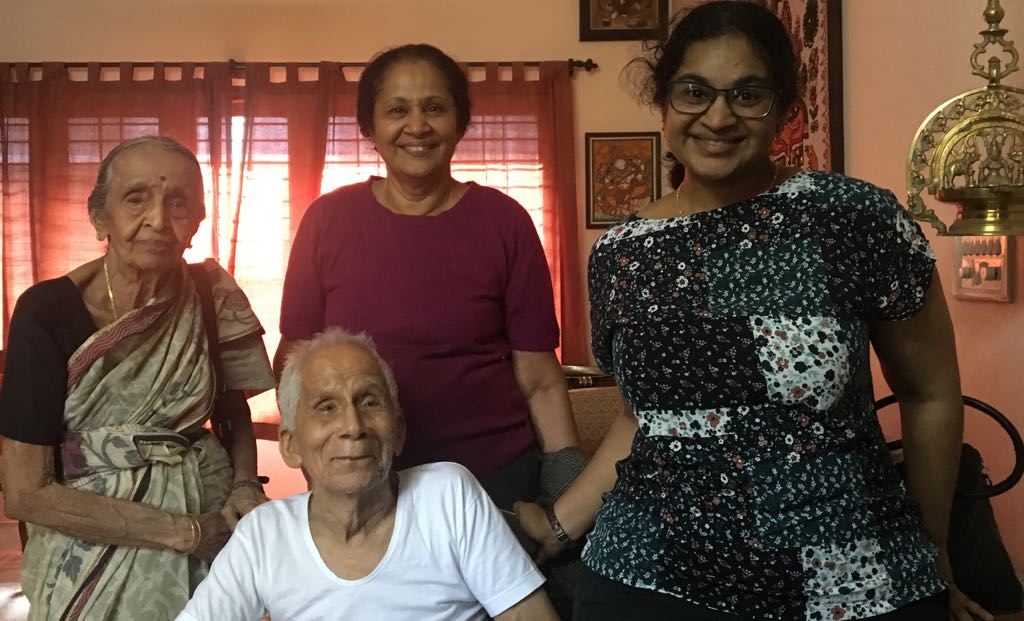Aruna Nair
 Please write a bit about your background, ie where you came from, your education, your current family situation.
Please write a bit about your background, ie where you came from, your education, your current family situation.
I was born and brought up in New Delhi, in India. My parents and my late grandfather (who lived with us for long periods of time) were both intensely bookish and so I was lucky enough to spend much of my childhood in libraries and among books at home. I was, however, terrible at maths and science and therefore terrible at school. It was only when I moved to Swansea in the UK, at thirteen, that I realised that there might be some connection between formal education and liking to read and think about what one had read. I was very fortunate in my teachers in Swansea; it was my religious studies teacher, Mr Llewellyn, who suggested that I might like to think about law as an option and that Oxford might be the place to apply to, which is what I then did.
What led you to a career in academia?
At some point in my undergraduate degree, I realised that I mainly enjoyed reading and thinking about law as an end in itself and that I was not particularly well-suited to legal practice as a profession. I worked for two years as a research assistant at the Law Commission, which gave me a bit more insight into how the worlds of legal academia and legal practice might overlap and convinced me that I definitely belonged on the academic side of the fence. I also took up a job as a visiting lecturer at King’s College London during my time at the Law Commission and found that I enjoyed and was stimulated by the teaching side of the job as well.
What are your research interests and why have you chosen those particular areas?
My research interests are in English property law, with a focus on land and trusts. I was fortunate enough to be taught Trusts at undergraduate level by Bill Swadling at Brasenose and was fascinated by the many difficult analytical questions raised by the subject. I then worked on a project on easements and covenants at the Law Commission and, in looking at consultation responses and correspondence on the project from members of the public, gained a better understanding of the importance of land to people’s lives and the ways in which property mediates all kinds of social conflicts and relationships. I find that solving problems in property law involves a combination and layering of different perspectives—historical, analytical, and ethical—and I enjoy this complexity and feel the problems themselves are intrinsically important.
What are you working on at the moment?
I am looking at the problem of ‘priority conflicts’ in property law, examining how the law manages conflicts between rival right-holders in respect of the same thing. I’ve recently co-authored a book chapter on how such conflicts play out in equity and am now working on a series of articles on how we distinguish cases of priority conflict—genuine disputes between holders of what seem to be genuinely incompatible rights to the same thing—from other types of dispute within property law. I am especially interested in how these problems play out in the case of registered land, where statute has reshaped the range of options available to judges in managing cases of priority conflict.
What is your favourite thing to do in your spare time?
I like reading—novels, history, biography—and baking (not very well, but enthusiastically). I also write poetry and fiction, and am in the second year of an undergraduate diploma in creative writing at the Department of Continuing Education.

